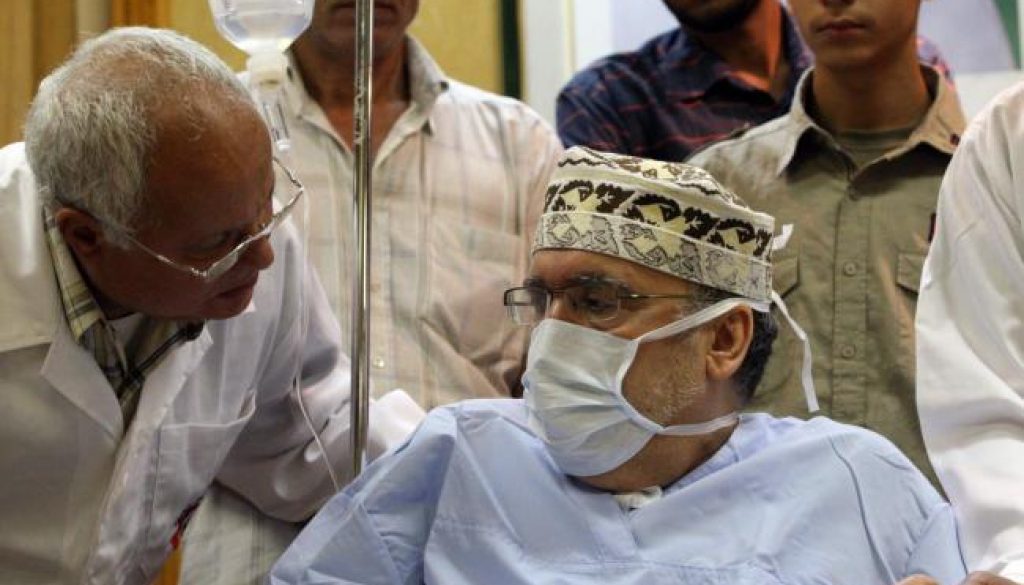Lockerbie Appeal Refused
In a decision that surprised no-one, the Appeal Court on Friday (15 January) refused the latest appeal against the conviction of Abdelbaset Al-Megrahi for the Lockerbie bombing in 1988. Mr Al-Megrahi died in 2012.
The case had been sent back to the Appeal Court by the Scottish Criminal Cases Review Commission, who were satisfied that an appeal was merited on two distinct grounds.
One of those grounds was that “no reasonable jury, properly directed, could have returned a guilty verdict” on the evidence heard. This was, in itself, a remarkable development. There was no jury in the trial, where the verdict of guilty was reached by three senior Scottish judges. The startling import of the referral by the SCCRC was that three senior Scottish judges had delivered a verdict that was outwith the bounds of reason.
Much has been made, and is being made, of the Appeal Court’s rejection of that argument. It is widely interpreted, and presented, as an endorsement of the trial verdict, a re-affirmation of the correctness of that verdict, and confirmation of Mr Al-Megrahi’s guilt. It is nothing of the sort.
To understand this, you need to understand the role of the Appeal Court in hearing the appeal. Their task was simply to rule on a loaded question. That question, to be clear, was whether a reasonable jury could have reached a guilty verdict. Not whether a reasonable jury would, or should, have reached it. These alternatives would require examination of the objective correctness of the verdict, in the face of the evidence heard. The question addressed by the court was not whether the verdict was correct, but whether it could be justified on any basis. It is not for the Appeal Court to substitute its own view of the evidence for that of the jury (or, in this case, the three senior judges); its task is simply to determine whether the guilty verdict was a possible outcome.
This is a reversal of the notional “benefit of the doubt” afforded to an accused person at trial, by the equally notional presumption of innocence. At appeal, the benefit of any doubt goes to the prosecution.
When you consider that reality, it becomes clear that the test to be met in challenging an unreasonable verdict is so high as to be almost impossible to satisfy. The court hearing the Al-Megrahi appeal recognised this, and said so. But to be clear, the Appeal Court did not say, either expressly or by implication, that the guilty verdict in this case was the correct verdict. That was a question they simply didn’t have to address.
There are, in the view of this organisation, huge doubts about the legitimacy of this conviction. The recent decision by the Appeal Court may have legitimised it as a matter of law, but as a matter of justice the doubts remain, unresolved and undiminished. In that sense, the decision tells us what we already knew – that “law” and “justice” are not the same thing. We have to find a way for our law to be the servant of justice, in its essential form. The opposite is currently true.

![16[2]](https://mojoscotland.org/wp-content/uploads/2024/06/162-1024x768-394x330.jpg)

